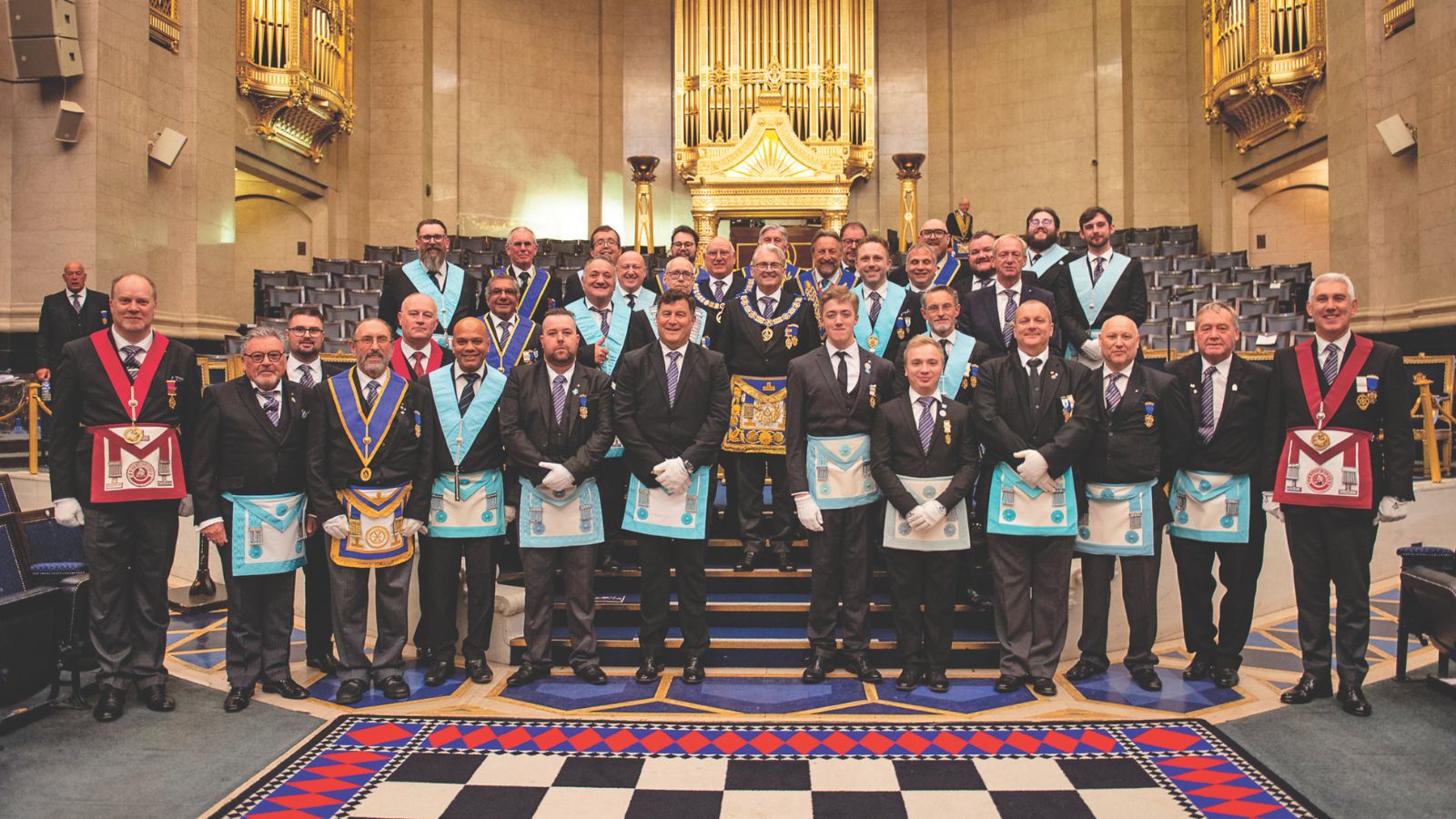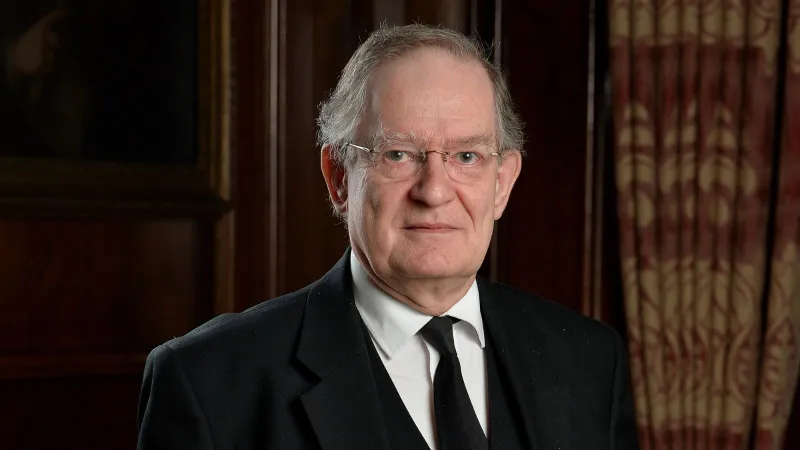
Can you share how your journey into Freemasonry began?
From a young age, the mystique and allure surrounding Freemasonry piqued my curiosity. The traditions and camaraderie of the Craft fascinated me.
My journey into Freemasonry began in 2010, sparked by a conversation with a friend who had left his Lodge a decade earlier. He shared his positive experiences and said that he believed Freemasonry would suit me well. Inspired by his own words, he decided to join a Lodge and recommended me for membership.
This encounter marked the beginning of a fulfilling and supportive journey in Freemasonry, and I am honoured to be part of such a wonderful organisation.
As a Provincial Officer on the autism spectrum, how has Freemasonry provided support?
My diagnosis of high-functioning ADHD and autism spectrum disorder (ASD) came as a revelation (but, it seems, only to me). The ‘high-functioning’ label means that I am able to maintain eye contact and navigate conversations and relationships without issue.
My condition often manifests as hyperfocus, enthusiasm, and a single-minded pursuit of my interests. Alongside these traits, I have struggled with imposter syndrome for most of my adult life, despite achieving considerable success in my own goals.
Engaging in Masonic ritual and the act of reciting the work has been particularly satisfying for me. This involvement has allowed me to progress based on merit, bolstered by unwavering support from fellow Brethren. The supportive and non-judgemental atmosphere in most Lodges has alleviated external pressures, leaving only self-imposed expectations.
My promotion to Provincial Grand Steward has been instrumental in dispelling some of the imposter syndrome. This role has boosted my inner confidence, reinforcing the positive impact that Freemasonry has had on my life.
What aspects of Freemasonry do you find most fulfilling, and how do they align with your experiences on the autism spectrum?
The most enriching aspects of Freemasonry lie in its traditions and rituals. I find stability and satisfaction in the structured and repetitive nature of Masonic practices. There’s a sense of accomplishment in performing a piece of work flawlessly.
Being part of Freemasonry means immersing oneself in a rich fabric of history and charity. Each Masonic meeting is a gathering of individuals bound by shared values and mutual respect. Even if I haven’t yet met everyone in the room, I know that I am surrounded by friends.
This sense of community and belonging is incredibly fulfilling. The ritualistic elements of Freemasonry, coupled with the traditions, provide a comforting consistency in my life. They align perfectly with my need for order and my appreciation for the historic and charitable support in the organisation.
How has Freemasonry helped you in developing social connections and navigating social interactions?
It goes without saying that the day I joined Freemasonry, my circle of friends expanded by some 200,000. The role of Provincial Grand Steward has afforded me countless opportunities to meet new people and form lasting relationships.
I take great pride in being a Freemason and am always eager to discuss the Craft with anyone curious enough to ask. This enthusiasm has led me to propose six candidates and second three others, both in Hertfordshire and London.
One of the most fulfilling aspects of Freemasonry is the interaction with new people. I enjoy the social side of the Festive Board, where camaraderie and friendship are in abundance. These are not just about enjoying good food and drink; they are about building connections, sharing experiences, and strengthening the bonds that unite us.
What advice would you give to others on the autism spectrum who are considering Freemasonry?
When I joined, I was unaware that the traits making me unique had a name, yet this did not affect the friendship, support, and opportunities for progression that I found within the Craft. Freemasonry has welcomed me with open arms, providing a stable and enriching environment.
To those on the autism spectrum and anyone considering joining Freemasonry, my advice is simple: take the first step. You will be greeted with the same openness and friendship that I experienced. From there, you will never walk alone.
Freemasonry is an open community that offers a blend of tradition, camaraderie, and personal growth to everyone.


